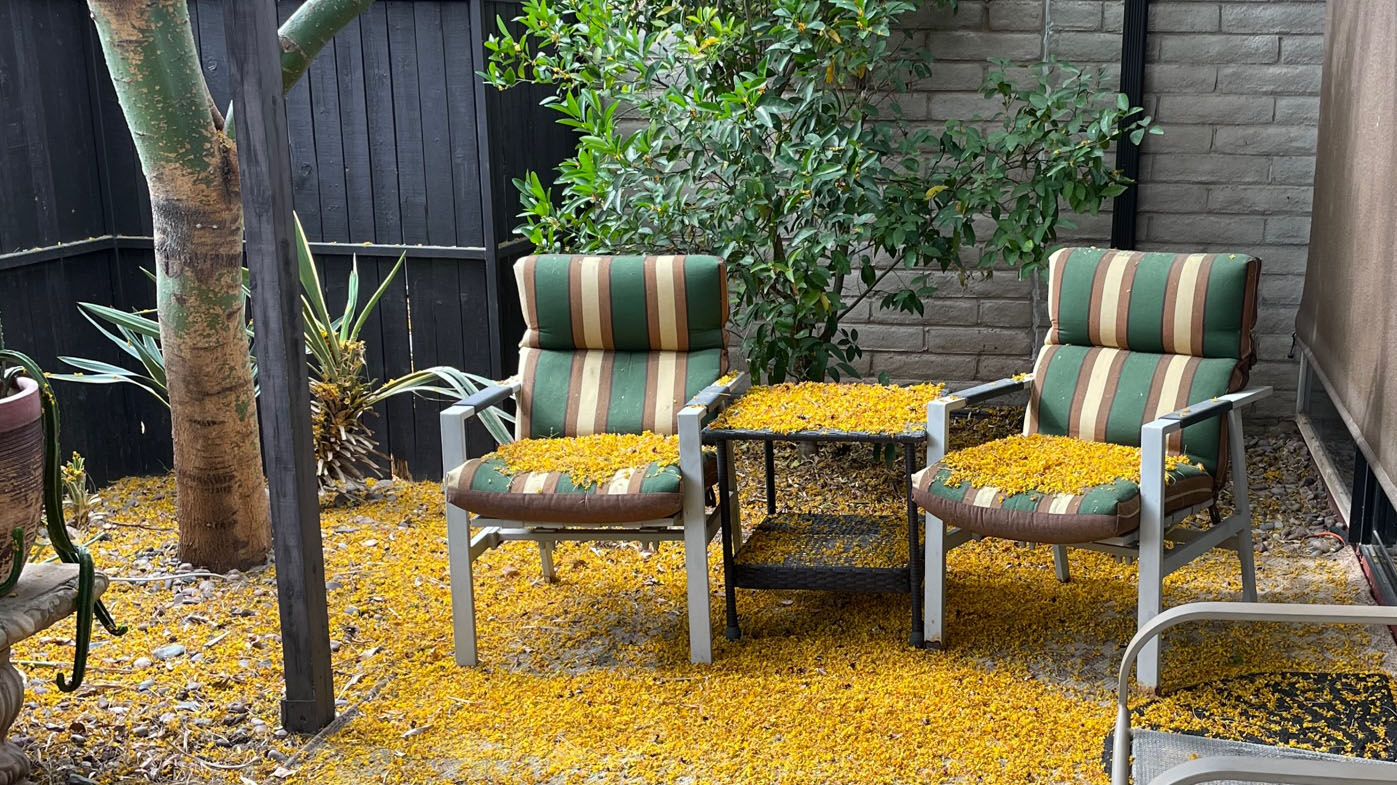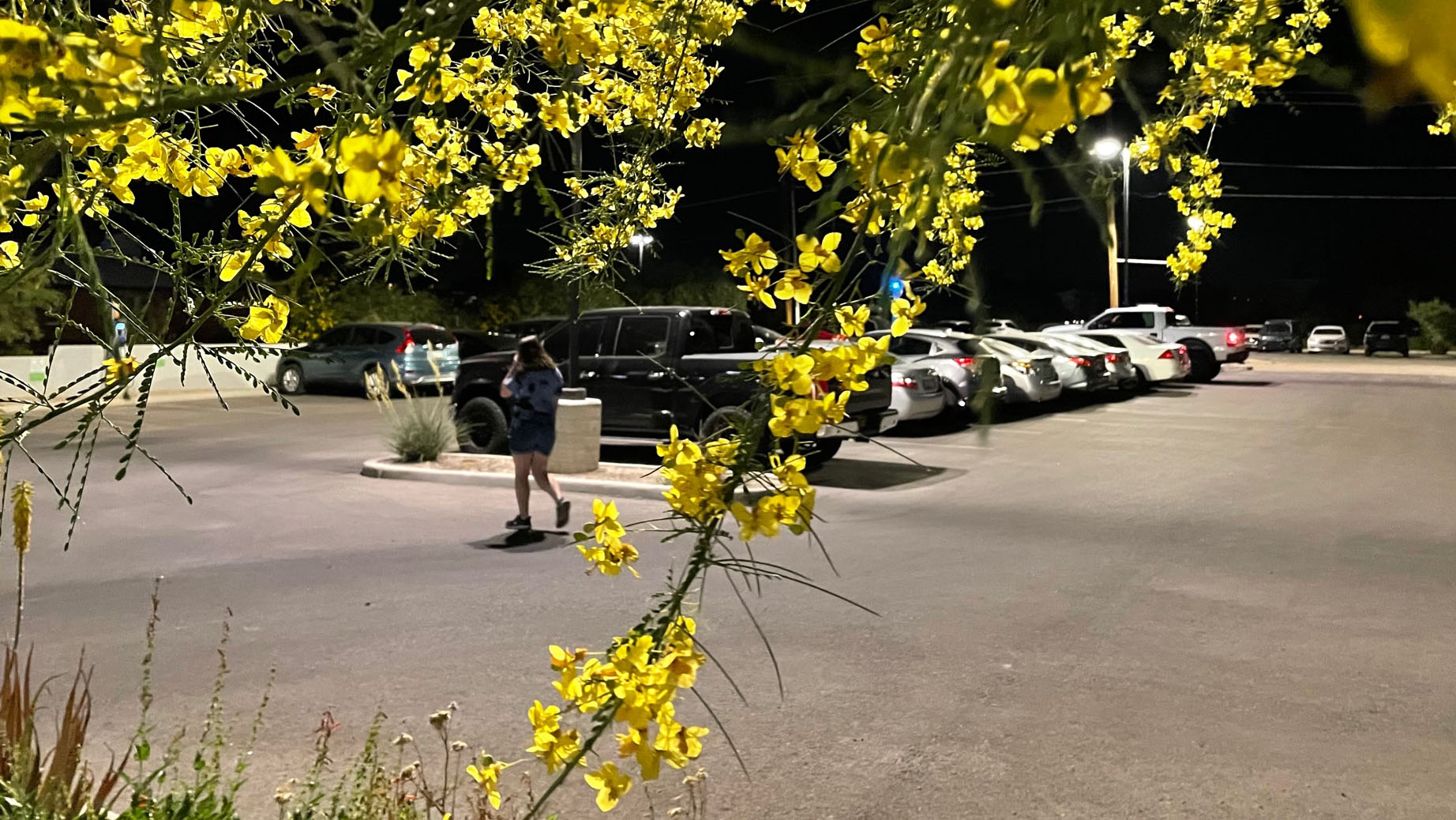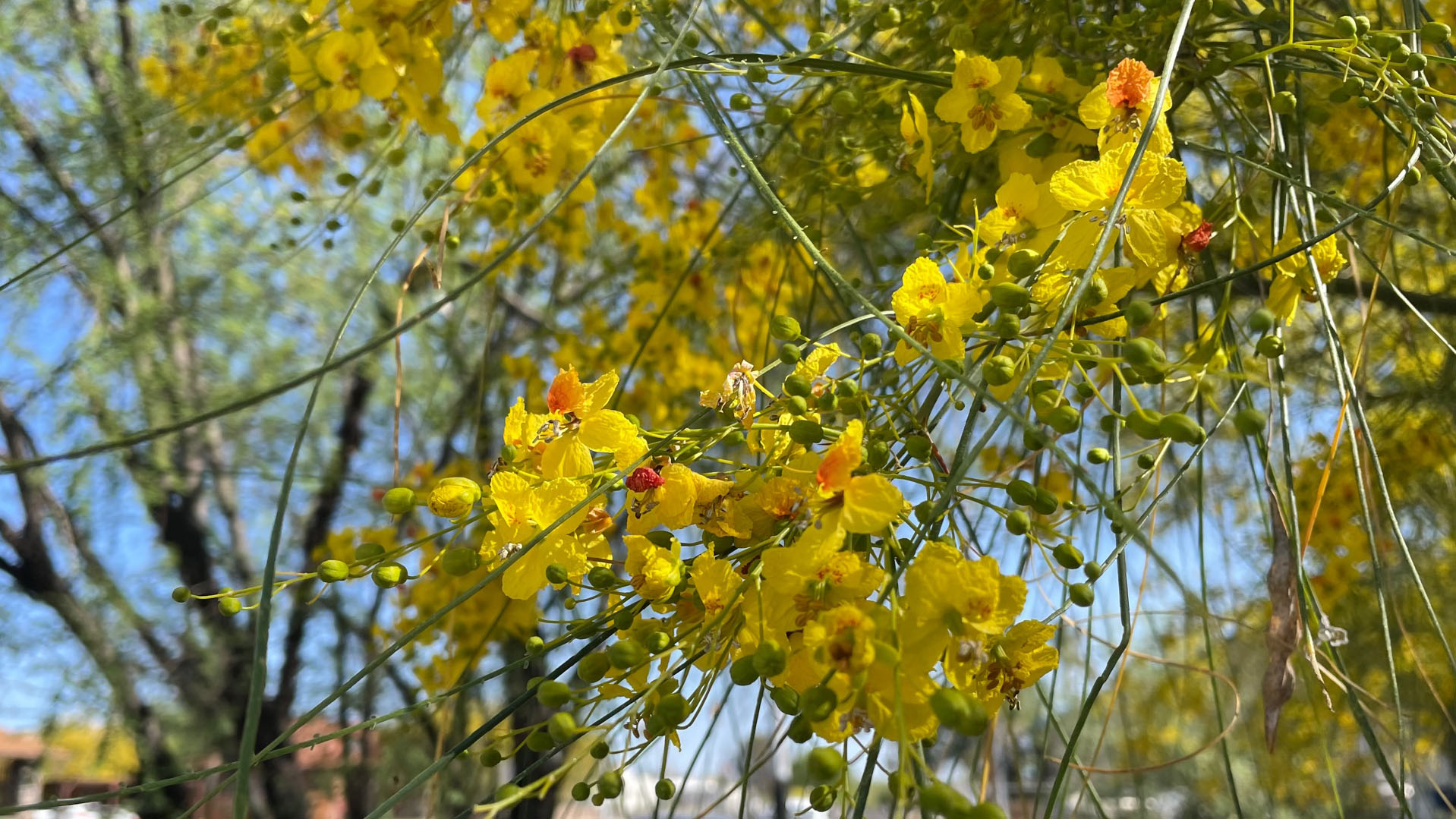 In addition to seeing patients and teaching, Doctor Tara Carr also conducts research about allergies and other topics.
In addition to seeing patients and teaching, Doctor Tara Carr also conducts research about allergies and other topics.
Many common allergies caused by pollen and pet dander are not life threatening such as cancer or other serious diseases, but they can still have a huge impact on a patient's quality of life.
People can suffer from symptoms such as watery eyes, runny noses or other annoying conditions for months on end.
Doctor Tara Carr works at the University of Arizona and specializes on these issues that are common throughout the world.
Doctor Carr is also the Director of the Adult Allergy Program, and the Allergy & Immunology Fellowship Program so others can learn more about this.
She may be an expert in this field, but even she's not exempt.
"I have a twin sister. She lives in Phoenix. We were spending Easter together and we were outside and I was sneezing, sneezing, sneezing. And she's looking at me going, 'I'm fine. I don't know what your problem is.' So this nature nurture idea, in order to be allergic to something, your immune system has to kind of flip a switch and decide to make allergic antibodies," Doctor Carr says.
Fortunately, she adds, many people can find relief with over-the-counter pills or eye drops, although some will require additional attention.
"We consider more advanced therapies like immunotherapy allergy shots. And there's also cyclic sublingual tablets and drops that are pretty widely available," Doctor Carr explains.
"It's a way to change your immune system, specifically to switch it from an allergic response when you have an exposure to a less allergic response. So it changes your immune system. And over time, people feel better."
In the Sonoran Desert, pollen from palo verde or mesquite trees is a common culprit although there are many other sources such as grasses, weeds or even pet dander inside the house.
If you're experience allergy-like symptoms, Doctor Carr recommends that you seek medical advice because sometimes you'll discover your conditions are not really allergies or can be alleviated with the proper treatment.
"I think for patients who are really bothered and if their quality of life, if their sleep or if their ability to function is being affected by their symptoms, then please go see somebody, come see an allergist, particularly if you're not getting benefit from the over-the-counter medications," she says.
"We take it seriously because it's a very prevalent disorder and it's it's you know, it's highly treatable."
 VIEW LARGER Palo verde trees produce many blooms in the spring, and the familiar yellow color can be found in many parts of Tucson, Phoenix and other parts of the Sonoran Desert. Experts say many poeple are allergic to pollen from palo verde and mesquite trees along with other plants in our region.
VIEW LARGER Palo verde trees produce many blooms in the spring, and the familiar yellow color can be found in many parts of Tucson, Phoenix and other parts of the Sonoran Desert. Experts say many poeple are allergic to pollen from palo verde and mesquite trees along with other plants in our region.
 VIEW LARGER Palo verde trees are abundant in urban settings, and their pollen can contribute to allergies in many people.
VIEW LARGER Palo verde trees are abundant in urban settings, and their pollen can contribute to allergies in many people.  Palo verde trees are abundant in Arizona's Sonoran Desert urban settings, and their pollen can contribute to allergies in many people.
Palo verde trees are abundant in Arizona's Sonoran Desert urban settings, and their pollen can contribute to allergies in many people.

By submitting your comments, you hereby give AZPM the right to post your comments and potentially use them in any other form of media operated by this institution.